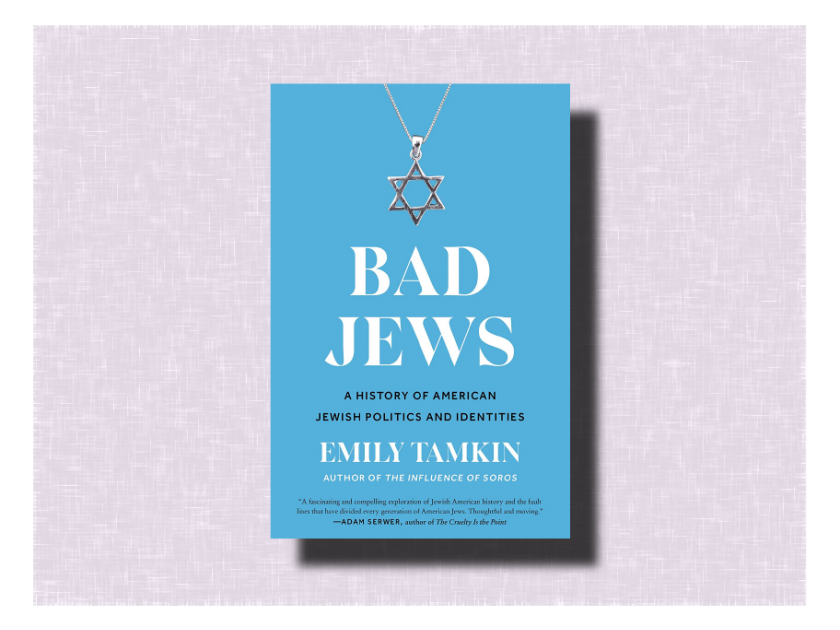
There are two things that I believe to be true.
The first is that you cannot tell someone else’s story for them. It is a fundamentally presumptuous thing to do. To tell someone that you know more about them than they know about themselves is to take their dignity from them.
But the second is that not all of our stories are compatible. For that matter, not all of the stories we tell ourselves about ourselves are wholly true, or complete.
To take one example: There is one narrative Jewish families – -such as my own — hold dear. In this story, Jews fled to the United States from Eastern Europe in the late nineteenth and early twentieth centuries, escaping discrimination, violence, and tragedy, and arrived here to work hard, overcome obstacles, and not only survive, but thrive.
And this is true. But it is also true that some Ashkenazi Jews discriminated against their Sephardi coreligionists, contesting that the latter were even Jews at all. So, too, is it true that many American Jews in the early twentieth century recognized the power of whiteness, and clung to it, disparaging Black Americans in word and deed, benefiting from America’s racial hierarchy. It is also true that this narrative leaves out, for example, Jews who came over from Iran and the Soviet Union in the late twentieth century, and centers a certain type of American Jew in the American Jewish story.
Another more personal example: My husband is not Jewish, and there are people for whom intermarriage is considered a great threat to Jewish continuity, and indeed to Jewishness itself. Some of them even write op-Eds and give speeches and interviews about how marriages like mine jeopardize American Jewish life. Their story is such that they cannot accept mine.
And should I accept their stories? Those of us who want to practice a Jewishness that is inclusive, pluralistic, and open — what do we do with stories that are exclusive, rigid, and closed?
Those of us who want to practice a Jewishness that is inclusive, pluralistic, and open — what do we do with stories that are exclusive, rigid, and closed?
The tension between these two truths — that we each have our own story that we decide for ourselves, and that not all of these stories are complete or compatible — is at the heart of my new book, Bad Jews. The debate over intermarriage is one example, but there are others. In the 1950s, 60s, and 70s some Jews felt that supporting the Civil Rights movement was central to American Jewish identity. Others believed that their focus should be on causes that impacted the majority of Jewish people more directly. Each of these groups was conducting themselves in accordance with their own interpretations of Jewish history.
One of the defining features of American Jewishness is that there are many different ways to be Jewish in this country. It’s one of the things I personally enjoy most about being an American Jew — that I can change my mind about what that means. But it also means sitting with these two truths.
What I have settled on is that while we are entitled to our stories, we are not entitled to our own facts. When it comes to historical record, it does not need to be inherently undignified or disrespectful to challenge or complicate the narrative. If I say, “your family benefitted from whiteness,” I am not saying, “and so they did not suffer.” Both can be true. And there is another truth, too: What stories people tell themselves are ultimately reflections on them, and only on them. A person who is threatened by intermarriage or who feels it is not Jewish may feel that. That is their story, but it isn’t the only story.
And this is how — for now, anyway — I can begin to try to solve the pluralist’s paradox, if only for myself. People are allowed to have their stories. But I am allowed to try to figure out my own narrative. We all are.
Emily Tamkin is the senior editor, US at the New Statesman. She is the author of Bad Jews and the Influence of Soros. Previously, she covered foreign affairs on staff at Foreign Policy and BuzzFeed News. Her work has appeared in the Boston Globe, the New York Times, Politico, and the Washington Post, among other publications. She lives in Washington, DC.